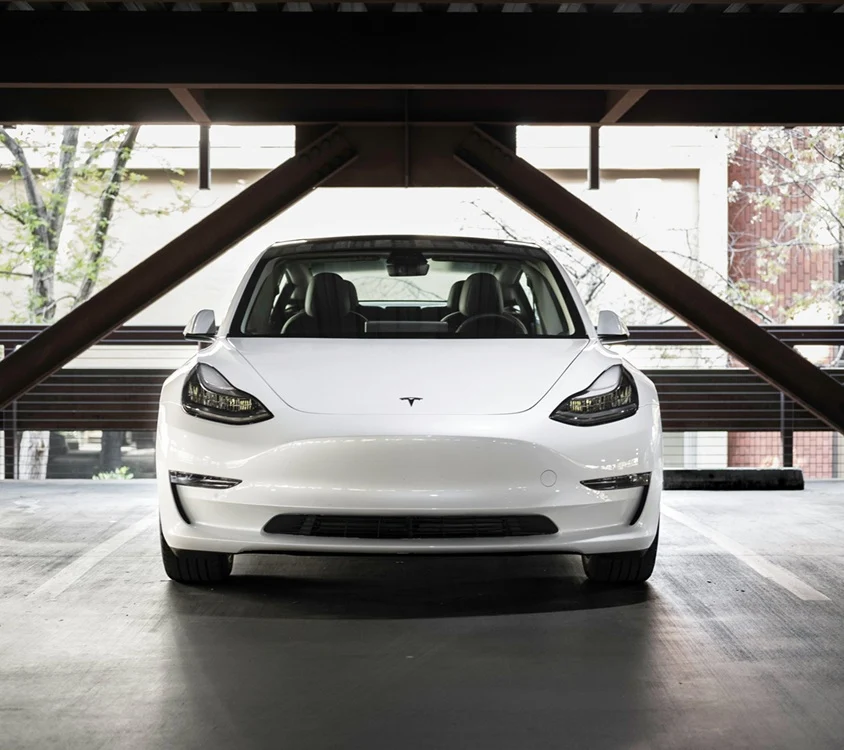Key Takeaways
1. Electric vehicles (EVs) have a higher depreciation rate, losing about 58.8% of their value after five years compared to the industry average of 45.6%.
2. Luxury electric cars suffer the most in resale value, with models like the Jaguar i-Pace and Tesla Model S seeing losses of over 65%.
3. Notable depreciation rates for other EVs include the Tesla Model X at 63.4% and Porsche Taycan at 60.1%, while the Tesla Model 3 and Hyundai Kona Electric depreciate less at 55.9% and 58.0%.
4. Lower prices for used EVs may attract buyers, but high depreciation could deter new buyers, impacting overall EV adoption.
5. Rapid technology changes, consumer concerns about battery life, aggressive pricing strategies, and lower market demand contribute to the quick depreciation of electric vehicles.
Electric vehicles are often seen as a more eco-friendly option, but they might not be as kind to your wallet, especially for those looking to sell their cars later. A recent study by iSeeCars revealed that battery-operated vehicles experience the highest depreciation, losing about 58.8 percent of their value after five years, in contrast to the average depreciation rate of 45.6 percent in the car industry.
Luxury Models Take a Hit
The luxury electric cars are usually the biggest losers in terms of resale value. Yet, only two electric vehicles managed to depreciate less than the average for their category. The Jaguar i-Pace, Tesla Model S, and Nissan Leaf suffered significant losses of 72.2 percent, 65.2 percent, and 64.1 percent of their original prices (MSRPs), respectively.
Notable Depreciation Rates
Additional electric vehicles that saw steep declines in value include the Tesla Model X at 63.4 percent, the Tesla Model Y at 60.4 percent, the Porsche Taycan at 60.1 percent, and the Kia Niro EV at 59.2 percent. On the other hand, the Tesla Model 3 and the Hyundai Kona Electric were the least affected, with depreciation rates of 55.9 percent and 58.0 percent, respectively.
Lower prices for used electric cars might spark more interest in pre-owned models. However, potential buyers of new electric vehicles could think twice about investing in them if these cars don’t retain their value, which could hinder the growth of EV adoption.
Factors Behind Depreciation
One reason for the quick depreciation of electric cars is the rapid pace of technology changes in this relatively new market. Consumers are also worried about battery life and how it affects driving range as time goes on. Additional factors include aggressive pricing strategies from electric vehicle manufacturers and lower demand in the market.
For its findings, iSeeCars analyzed data from over 800,000 used cars that were sold five years after their initial purchase, specifically looking at sales from March 2024 to February 2025.
Source:
Link


Leave a Reply